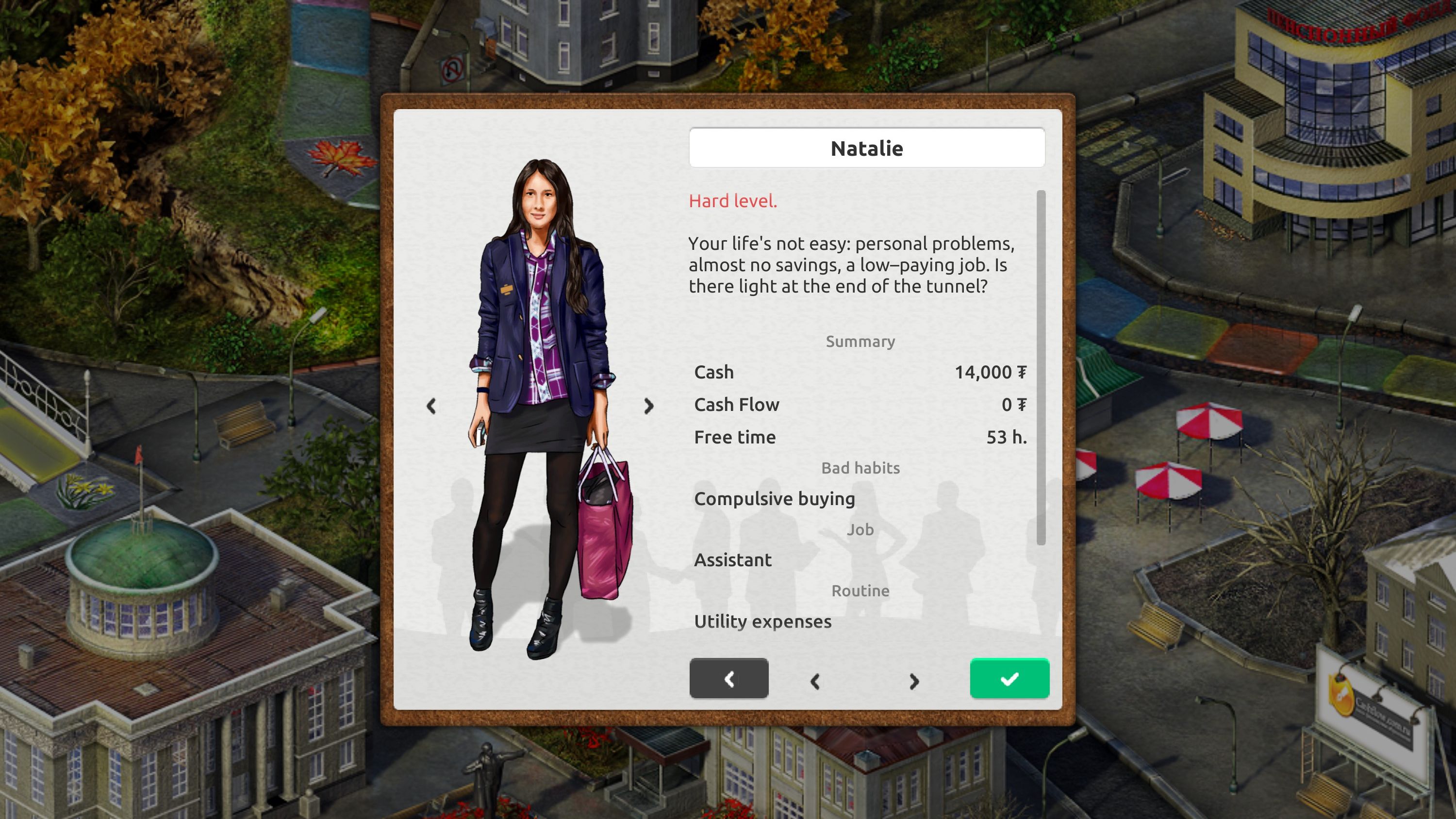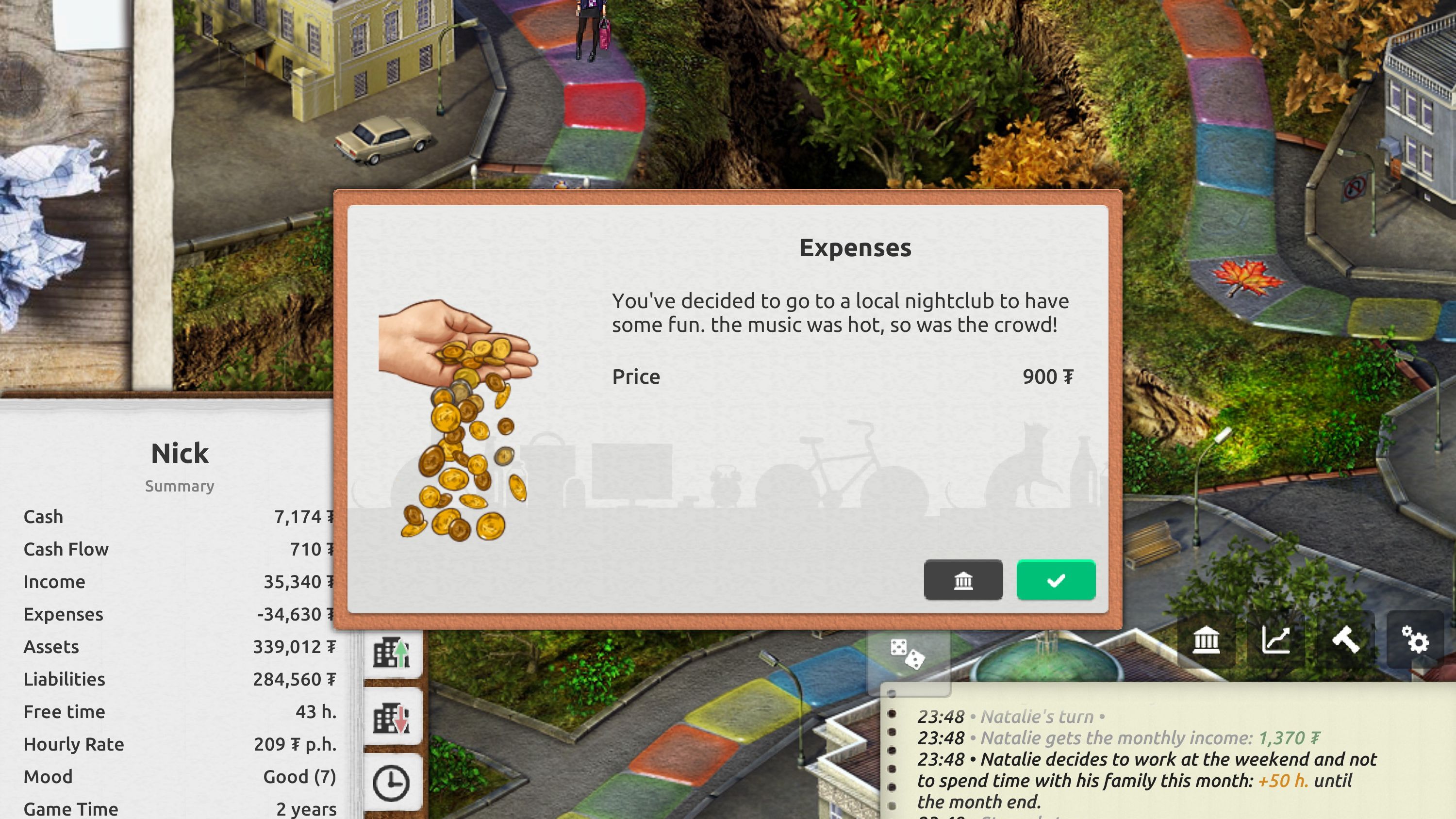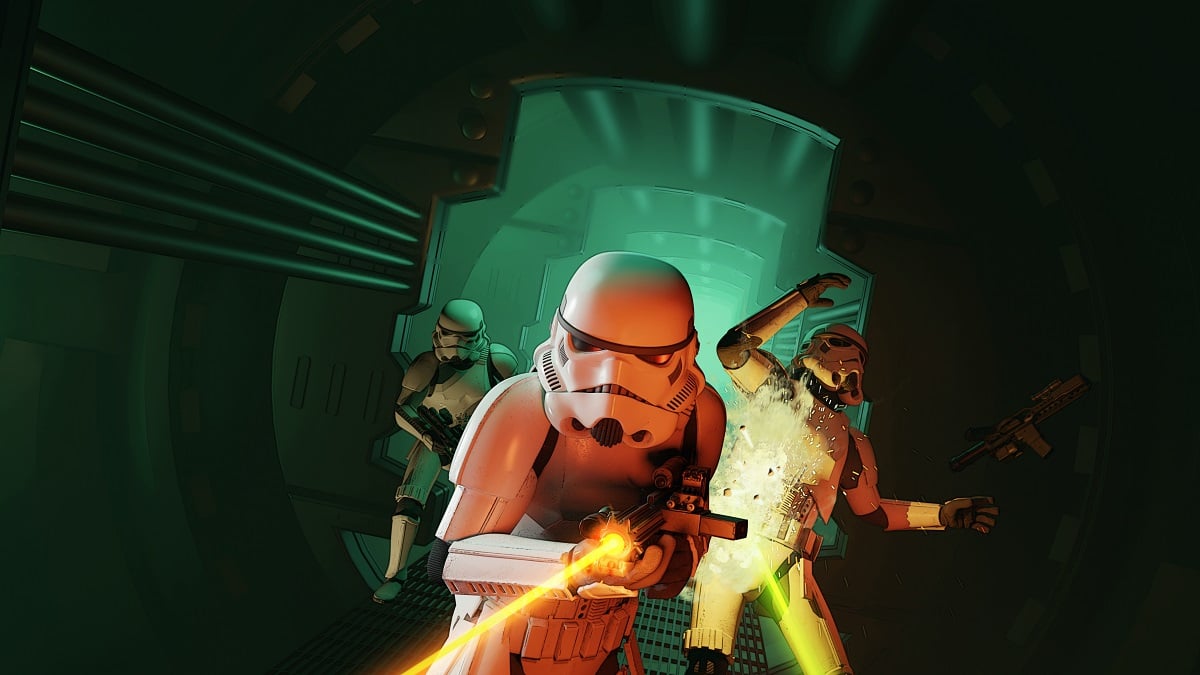![]()
Hello once more, it’s me, the untimely evaluator. When I’m not prematurely evaluating issues, you’ll usually discover me sabotaging my very own life by way of power mismanagement of my financial institution stability and accessible free time. For instance, I’m writing this text within the final moments earlier than it’s resulting from be revealed, not as a result of I’ve an particularly urgent schedule – I’ve spent the final 5 hours getting ready to write down by consuming chilly leftover curry, having an enormous nap on the couch and watching previous episodes of Pointless on iPlayer – however just because my mind refuses to function with no arduous deadline looming on my psychological horizon, like a nasty Godzilla.
So sure, I’m horrible at doing issues on time, however a minimum of I’m additionally terrible with my cash. I spend all the pieces I earn on hire, trains and Quorn scotch eggs. I purchased a bitcoin at precisely the worst potential time you could possibly try this. Rather than saving for my retirement, I plan to stroll backwards into the ocean on my 65th birthday, smiling at my grieving youngsters as they wave noticed handkerchiefs from the seaside and noisily weep. The closest factor I’ve acquired to a pension is the misguided however firmly held perception that I’ll someday stumble throughout a treasure chest crammed with emerald tiaras, after which all the pieces will likely be advantageous. Or that Mecha Fiona Bruce will worth my assortment of Pokemon buying and selling playing cards at ten million kilos on Antiques Roadshow 2050, after which all the pieces will likely be advantageous. I’m nothing if not an optimist, albeit one perpetually getting ready to smash.
Which brings us to this week’s untimely analysis. It’s referred to as Timeflow, and it’s a board game (a horror game, actually) about correctly managing your money and time. It’s mainly the Game of Life, besides reasonably than driving right into a heteronormative sundown in a tiny plastic Volvo, you skirt alongside the cusp of chapter in pursuit of some grand (and really costly) life objective. You can enter cryogenic stasis, purchase a ticket aboard an area flight, personal a non-public island, reject consumerism to stay an ascetic life-style in southeast Asia (which by some means prices two million {dollars}), and plenty of different issues that tedious individuals declare to aspire to do in later life, when what anybody actually desires is to eat too many chips and die alone in entrance of the tv.
You select to play as considered one of a set of characters from completely different monetary backgrounds, every providing a various diploma of problem. Natalie’s acquired a crap job, a compulsive procuring behavior and no financial savings, however 53 entire hours to play with. Eugene has put a bit of money away, however his younger child (and his video game habit) eats up plenty of his spare time. Children are solely ever a legal responsibility in Timeflow, the game the place all that issues is relentless self-improvement on the expense of all different worldly pursuits. Emotions and love are flashing purple deficits within the huge stability sheet of life, as a substitute one should hone oneself right into a hyper-efficient capitalist torpedo, by investing in actual property, and spending your whole spare time in advertising and marketing workshops and hoovering up enterprise levels to earn greater and larger salaries.
Monopoly was invented by board game designer Elizabeth Magie in 1903, as an instance and satirise the financial shortcomings of rampant and unregulated capitalism. The game’s underlying that means – now misplaced on everybody who hasn’t listened to the podcast the place I first heard about it – is that financial worth derived from land ought to belong to all members of society. The intention was that, as quickly as each participant was bankrupt and the system was revealed to unfairly favour one monopolistic landowner, they’d instantly leap from their chairs singing The Internationale, and go full-blown socialist.
Today it’s only a unhealthy game about who can personal essentially the most tiny homes, however whereas Monopoly is extensively misinterpreted by gamers, Timeflow appears to be a honest celebration of the very worst bits of capitalism. It frames increased training as “training”, and levels as a purely wealth-creating commodity to be pocketed, reasonably than an instructional pursuit with societal price exterior of a fatter pay cheque. You can’t get an arts diploma in Timeflow, for instance. Why would you? What worth is there in figuring out about work, apart from getting the occasional query proper on University Challenge?
Instead it’s greatest to view Timeflow as a scathing satire of the worst excesses of capitalism, reasonably than a protracted, chilly gaze into the screaming financial abyss of free enterprise. Each roll of the cube strikes you alongside the linear, looping game board, and relying on the place you land you’re given alternatives to speculate your cash in a enterprise, actual property or shares, or to allocate a few of your free time to studying methods to extra effectively run an organization, or on remedy to deal with no matter vice your character is lumbered with. Different occasions will randomly crop up too. An uncle may try to sucker you right into a pyramid scheme, otherwise you may involuntarily spend £800 on some frivolous buy, like a single, diamond-encrusted brogue. You drag and drop property and liabilities into your funds as you accrue them, with the objective of sustaining a constructive money stream and a wholesome pockets. It’s exactly the kind of improbable escapism we’re all after.
You can play towards any human you may persuade to sit down down subsequent to you, or towards bots, who reasonably depressingly simply vanish into skinny air as soon as they’ve run out of cash, their little AI brains selecting to easily stop current reasonably than endure the indignity of being broke.
Is it any enjoyable? Not for anybody who doesn’t get pleasure from an unflinchingly bland simulation of absolutely the least pleasant factor about being alive. Whether it’s the game’s intention or not, Timeflow forces you to reckon with your individual depressing funds, like looking at your self within the mirror throughout a haircut, as your options turn out to be bizarre and unrecognisable, shifting till you’re a stranger to your self, after which, as soon as the individual trying again at you is completely unfamiliar, realising that they’re ugly, your haircut is just too costly, your copy deadline is in an hour, and you must in all probability cease shopping for so many Quorn scotch eggs.





